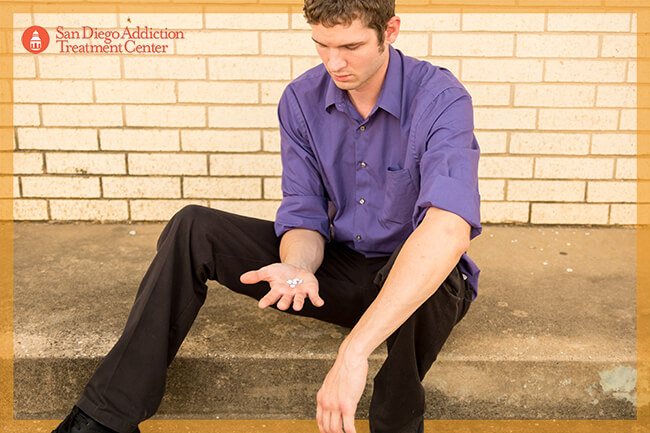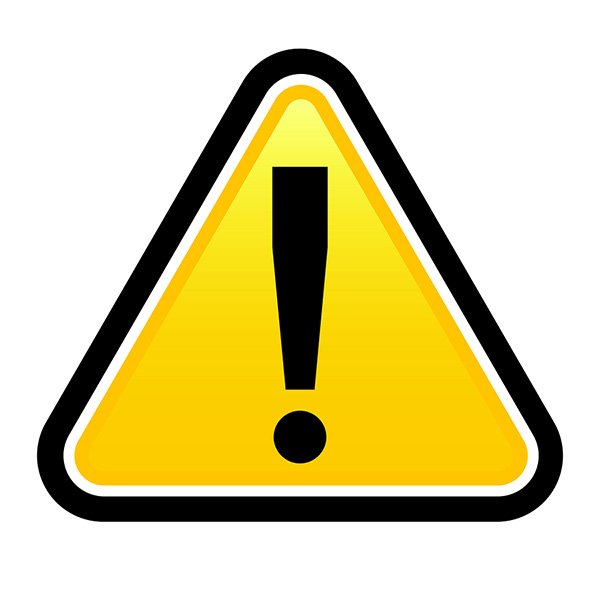
Most of what is talked about in the current prescription drug abuse epidemic is the struggle with opiate painkiller abuse; however, this is not the only type of prescription drug that has a dangerous addiction potential. Another abused prescription medicine type, with very high addiction potential, is benzodiazepines, or benzos – the most commonly prescribed medicines in the US.
Benzos carry significant health risks related to abuse, addiction, and even withdrawal. Because of this, it is important for individuals or loved ones to know how to access treatment for benzo abuse or addiction if it becomes a problem.
Benzodiazepines and their Use
As described by the Psychiatric Medication Awareness Group, benzos have been used for more than 60 years to treat a variety of conditions ranging from anxiety and depression to seizures and convulsive disorders. Benzos work by suppressing the central nervous system, resulting in muscle relaxation, hypnosis, anti-anxiety effects, and euphoria.
- Anxiety and panic disorders
- Post-traumatic stress disorder (PTSD)
- Stress- or anxiety-related depression
- Epilepsy
- Convulsive disorders
- Sedation before surgery
- Alcohol withdrawal symptoms
Originally, benzos were thought to be far more benign than barbiturates, a similar drug type that they have mostly replaced. However, over time, it has been found that, while benzos are effective for the conditions they treat when used as recommended, they have a high abuse potential and are also often subject to improper prescribing practices, such as prescriptions that last too long or that are not monitored by the prescribing doctor.
Types of Benzodiazepines
There are more than 30 types of benzodiazepines available, and similar medications continue to be developed. According to Drugs.com, some of the most well-known generic benzos and their brand name counterparts include:
- Alprazolam – Xanax
- Diazepam – Valium
- Lorazepam – Ativan
- Clonazepam – Klonopin
- Triazolam – Halcyon
- Quazepam – Doral
- Midazolam – Versed
- Flurazepam – Dalmane
Benzos are also referred to as tranquilizers. While not all tranquilizers are benzos, it can be important to know whether the drug prescribed for conditions like the ones above is a benzo, in order to be aware of the issues that come with taking this type of drug, as described below.
How Prescription Drugs Are Abused

Irresponsible prescribing practices contribute to benzo abuse and addiction. According to the National Survey on Drug Use and Health, nearly 30 million people used a benzo-type tranquilizer medication in 2015. More than one-sixth of these individuals misused the drugs; this number includes the most common subject of benzo abuse, the alprazolam group of benzos, which was misused by more than 4 million people in 2015.
Development of abuse through misuse is not the only way these drugs are abused. In many cases, benzos are sought specifically for their euphoric effects, sometimes being used as a club drug or in another situation to specifically experience a high. Regular illicit use of benzos can also lead to dependence, tolerance, and addiction.
About 688,000 people in 2015 were diagnosed with a substance use disorder related to tranquilizers, including benzos. Regardless of the reasons for abuse of the drugs, the health, relationship, and community effects of this abuse can be major issues for these individuals and their families.
Effects of Abuse
As explained by Medical News Today, short-term mental and physical side effects of benzos include:
- Drowsiness or a foggy feeling
- Dizziness
- Confusion
- Depression
- Trembling
- Lack of coordination or delayed reflexes
- Headache
- Slowed heart rate or circulation
- Depressed breathing
Long-term effects can include:
- Heart arrhythmia
- Depressed respiration
- Memory loss
- Increased risk of permanent cognitive damage
- Addiction
- Overdose
- Severe withdrawal syndrome
Many of these effects can be increased if the benzos are being taken simultaneously with opiates or alcohol, which can also increase the risk of a dangerous overdose. In addition, combining these drugs can result in hypoxia, or extremely low oxygen in the body, which can cause organ system or brain damage.
Treating Benzodiazepine Addiction
Benzo abuse or addiction can be effectively treated with comprehensive care. Many therapies that have proven helpful in treating substance abuse are also effective in helping people manage addiction to benzos.
- Cognitive Behavioral Therapy to help change addictive behaviors
- Peer guidance programs and 12-Step support groups
- Family and interpersonal therapy for improved social support structures
- Motivational Enhancement Therapy to encourage adherence to treatment program elements
- Education to help the person understand what addiction does to the body and brain
- Experiential therapies to deal with internalized mental health issues
- Treatment of co-occurring conditions
- Aftercare for post-treatment motivational support and relapse risk reduction
These therapies are among those that have been demonstrated by research to increase the likelihood of achieving addiction recovery.
As described in a study from the medical journal Cell, addiction is a chronic condition, just like asthma or diabetes, and requires support and management for the rest of the individual’s life.
Risks of Benzodiazepine Withdrawal
One reason people often hesitate to seek help for a benzo addiction is fear of the withdrawal syndrome. A major challenge of managing a benzo addiction, the detox period can result in a highly uncomfortable and even dangerous withdrawal syndrome.
Because of these issues, it is dangerous to stop using benzos without medical support. This is particularly true of those who have been using benzos for a long time. However, even those who have used a low-dose, fast-acting benzo like Xanax for more than a month can experience dangerous withdrawal symptoms. Thankfully, professional treatment can help with this risk as well, making it easier to stop using the drug and avoid relapse during this sensitive time.
Medical Detox

Medical detox support for benzo abuse can help to manage the symptoms of the withdrawal syndrome, making it easier for the individual to bear and more likely to result in fully stopping use of the medicine during treatment. Medical detox often includes tapering down off the drug, so the brain is not thrown into shock at loss of the drug. This makes the symptoms milder and the cravings to continue drug use less intense.
As described in the Ashton Manual, sometimes even tapering can be difficult to achieve. Particularly for short-acting, low-dose benzos like Xanax, the dosage can be difficult to taper properly because of the small dosage to begin with. In this case, the individual may be shifted to a longer-acting version of the drug to help with the tapering schedule.
Because this process can be very delicate, it’s a good idea not to try it without professional medical support.
Each individual responds differently to any drug, and following a generalized schedule like those found on the Internet may not work properly for every person, potentially resulting in more severe withdrawal symptoms than expected and requiring emergency intervention.
How to Find Rehab for Benzodiazepine Addiction
Finding appropriate rehab for benzo addiction is based on challenges, risks, and situations specific to the individual. For this reason, it is important for treatment to be personalized and designed to meet the individual’s needs. When seeking a treatment center, this is something to take into consideration. It’s important to make sure the facility will customize the treatment plan based on the circumstances rather than applying a one-size-fits-all philosophy.
In addition, it is important to find a research-based treatment program. This indicates that the methods, treatments, and therapies being used have been demonstrated to improve the likelihood of recovery and avoid the risk of relapse. With this kind of treatment, the individual has the best chance of moving forward in recovery.
It’s Never Too Late to Get Help
